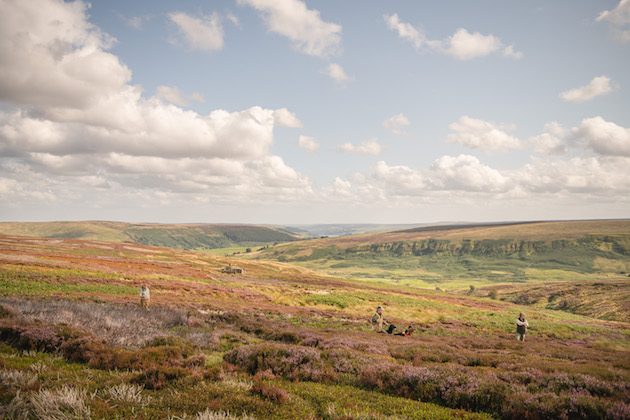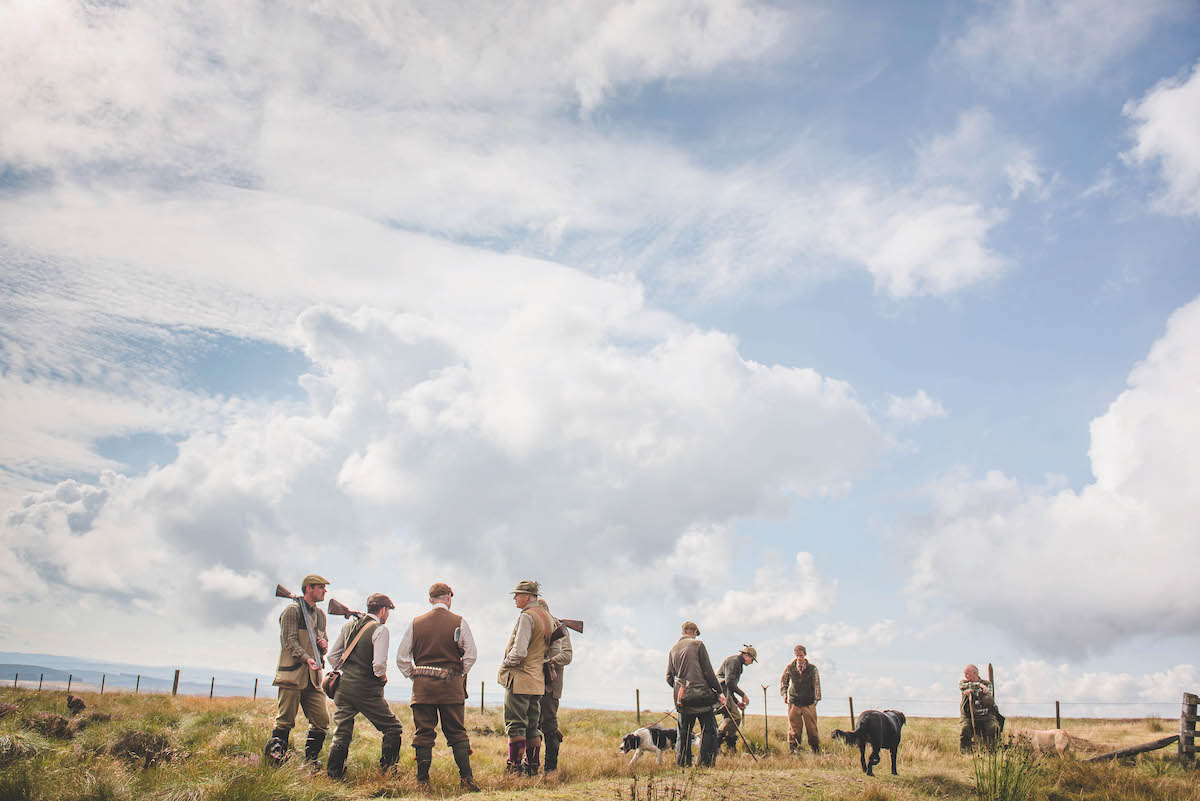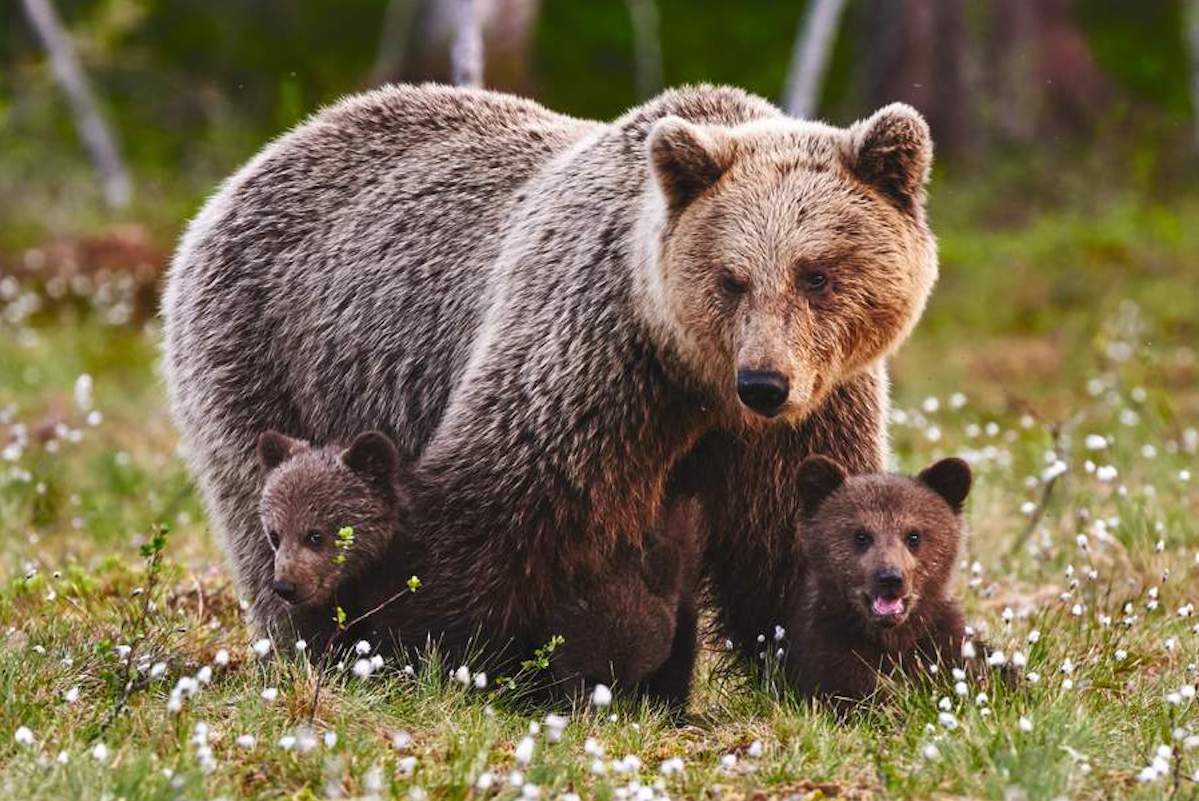Land management is hampered by officials with little knowledge
Land management is increasingly hampered by officials with little knowledge and no understanding, and it is the wildlife that suffer says Lindsay Waddell

Land management is hampered by officials with little knowledge
When a senior member of Natural England asks a grouse keeper how many birds he releases and it’s not 1 April, you have a right to worry. It is not the only example of government employees showing a serious lack of working knowledge.
The licensing debacle has left the management of the most important sites for breeding birds in the hands of civil servants. The notified moors cannot use the new general licences but have to rely on being granted individual ones for individual species.
Predation
During a conversation with an official, one grouse keeper was asked why he wanted to control magpies. As you might expect, the answer was fairly straightforward, but that was not deemed enough. “Surely you must expect some predation,” said the official.
I have never met a keeper who did not suffer from some predation, despite doing everything they could to prevent it. On it went, however, until the official stated he would have to seek advice from a higher authority before he could decide on a course of action.
The point of this is that the management for these sites is being decided by people who have little to no working knowledge of the management required, and that applies to far too much in the current political climate. It would be interesting to ask the great general public some, on the face of it, simple questions.
Do you want more trees? Do you want more golden eagles? Do you want more wading birds? Do you want to ban the killing of white hares? I could go on and on, as the answer to all these would almost certainly be ‘yes’.
View this post on Instagram
The point is if you do not then explain to them that more trees equals fewer golden eagles, fewer wading birds and no white hares at all because, despite the ban on killing them, the government would grant special licences to kill them anyway. Then what would the public’s answer be? Perhaps rather like the situation we have regarding the EU — stalemate.
It is similar to public officials; if they don’t understand the reasons for carrying out certain management activities, what hope do we have?
Sea eagles
On the subject of more golden eagles I did not include in my list the question: “Do you want more sea eagles?” Again, more of them would appear to equal fewer of the golden variety, because the sea eagles are pushing inland and simply elbowing out their smaller cousins.

More trees equals fewer golden eagles
Good nest sites are limited and, as the sea eagles take them over, the goldens have to leave or risk being killed, as has already happened in at least one case. Moving into new ground is not straightforward either. Good habitat with a sustainable food supply is in short supply, as the golden eagle reintroduction project in the Scottish Borders has demonstrated.
Last year’s three youngsters all ended up on shooting estates where at least there was something to eat. It would appear at one of them is not going to give up its territory lightly either.
The large young hen’s patch included the area where this year’s youngsters were released, and the hen was clearly not going to tolerate competition. Without parents to guard them, a couple of the young birds were killed by her and the third was badly injured.
Nothing is straightforward when it comes to wildlife. To a greater or lesser degree, when you add anything to the mix, it has to displace something else — or if not displace it, it has an effect on it and not always a beneficial one.
Sporting Gun talks to Dr Mark Avery of Wild Justice about general licences
Sporting Gun: What provoked you to initiate your legal challenge to Natural England (NE) about the general licences when you…
Reviving bird species isn’t always good news
Reviving certain species of birds is not good news for some of their more lightweight relatives, says Lindsay Waddel
Pine martens
Please note all those who would like a few pine martens. Yes, great to watch, but do not expect to keep some hens, guinea pig or rabbit in your garden. The first time you lower your guard, rather like forgetting to shut the hen house up in the evening because of your local fox, they will kill them. It is what they do and they are good at it — one of the reasons farmers and their wives got rid of them in the first place.
Though there are still large flocks of lapwings feeding on the cut hay fields, my swallows have gone and about a week ago I heard, then saw, my first large skein of pinks. Winter is coming.










